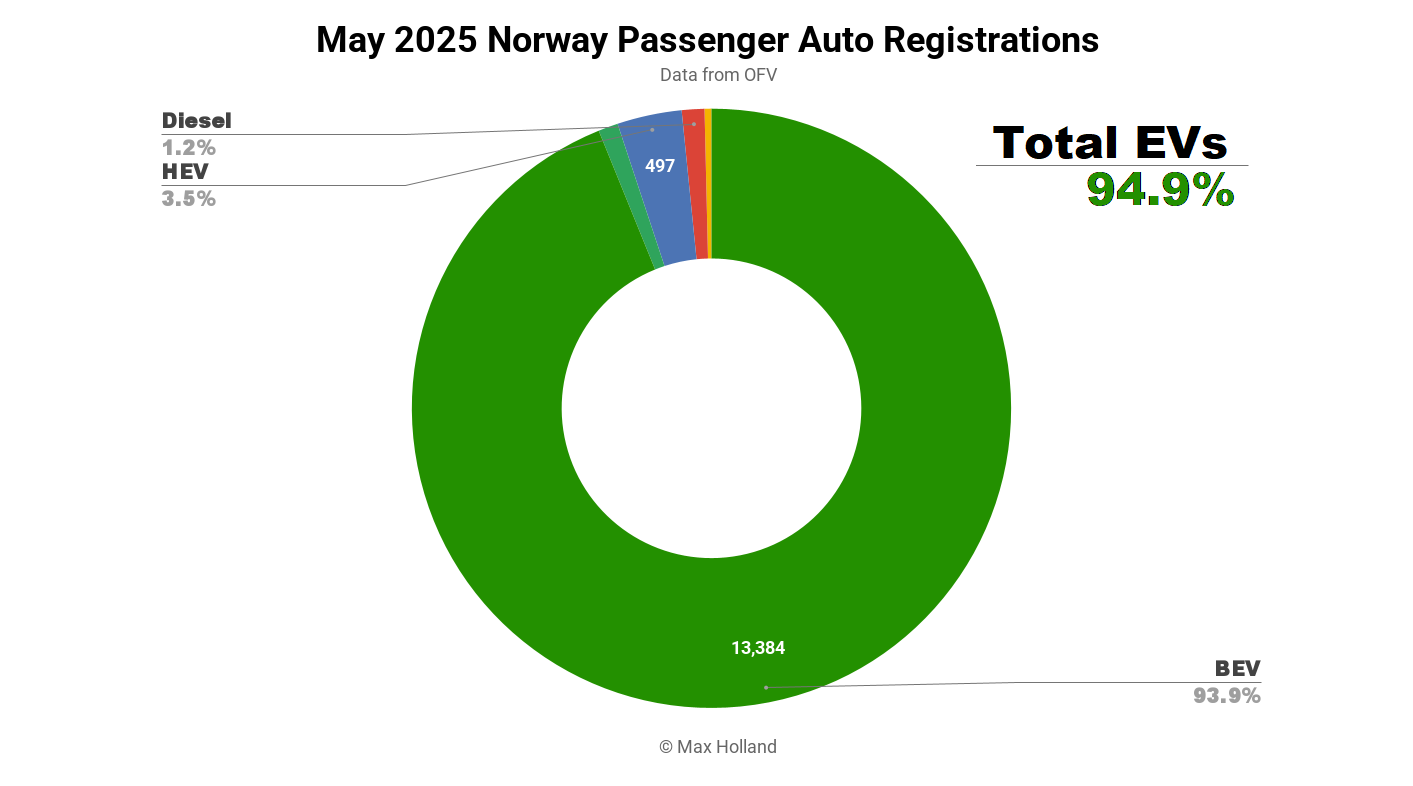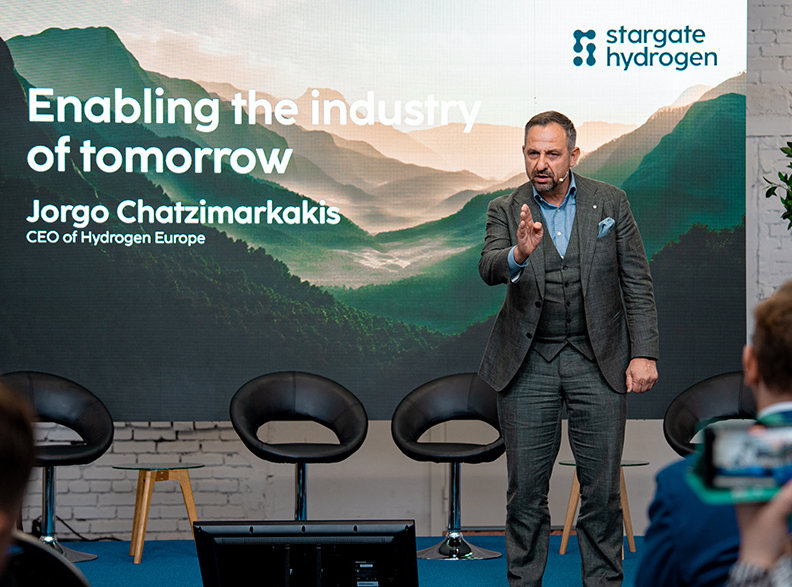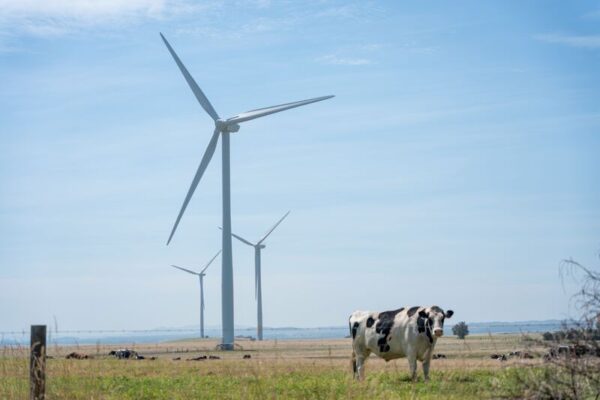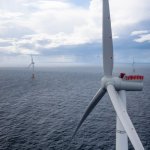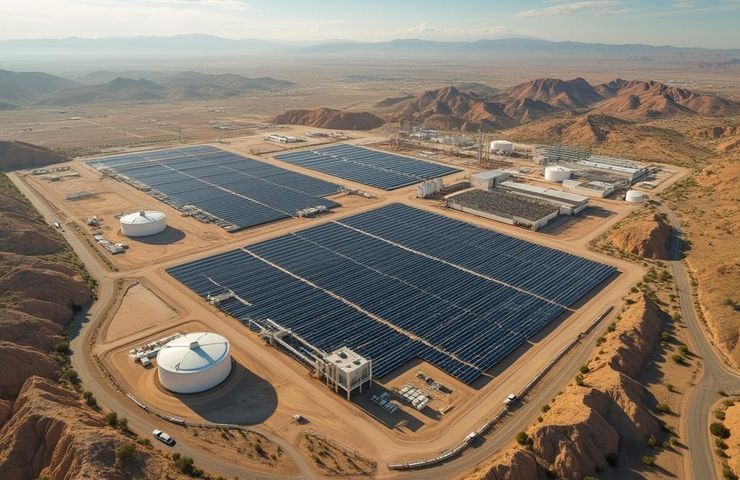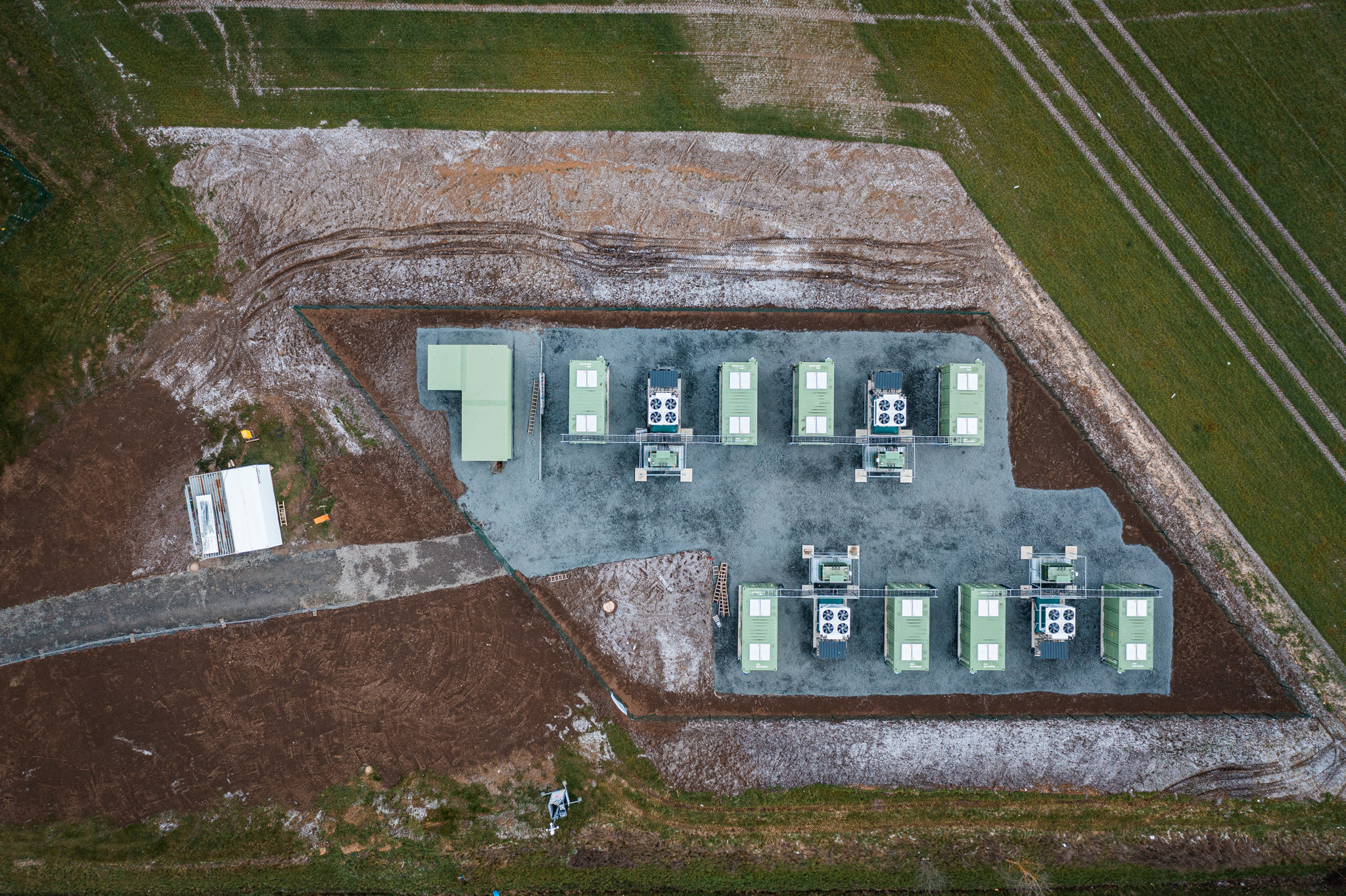More than a month after a blackout left Iberian Peninsula in darkness, its cause remains unknown. A grid surge is the leading hypothesis, but various actors continue to use the event to shape the narrative.
The Wall Street Journal and The Telegraph have linked the blackout to renewable energy in recent opinion pieces. Danish academic Bjørn Lomborg has also criticized the Spanish government for continuing to invest in solar and wind power despite their unreliability, warning that preventing future blackouts will come at a high cost.
Beatriz Corredor, president of Red Eléctrica (REE), told Spanish TV program “La Noche en 24h” that there were no issues with short circuits, inertia, computer systems, reserve shortages, or excess voltage. She said the analysis shows that conventional generation groups had voltage control that failed to meet the parameters set by the National Commission of Markets and Competition (CNMC).
According to Spanish newspaper La Vanguardia, the president of ENTSO-E – the European network of grid operators and part of the expert panel investigating the April 28 blackout – sent a letter to the Spanish government and European Commission requesting help amid limited cooperation from major electricity companies. The letter noted that these companies cited legal confidentiality obligations as a reason for withholding data.
La Vanguardia also reported that the investigation must determine whether system disconnections were a cause or effect of the problem. Facilities may disconnect for safety after detecting oscillations, or oscillations may result from sudden disconnections. Clarifying this requires microsecond-level data only available to plant owners, grid operators, or other system agents.
Spanish financial newspaper Cinco Días said ENTSO-E informed Third Vice President and Minister of Ecological Transition Sara Aagesen that Red Eléctrica recently reported third parties’ reluctance to share relevant data, risking delays in the investigation.
Aelēc, representing electricity companies including Endesa, Iberdrola, and EDP, asked to join the commission investigating the blackout. The group also requested that the investigation include extreme and widespread voltage fluctuations on April 28 and the preceding days of April 22 and 24.
Aagesen told the Spanish Congress of Deputies in mid-May that these fluctuations were unrelated to the transmission grid managed by Red Eléctrica and likely originated from generation plants or distribution networks operated by Endesa, Iberdrola, Naturgy, and EDP.
At the Ibero-American business congress in Seville, Corredor said there was no failure at Red Eléctrica that caused the blackout and ruled out any compensation claims at this stage.
















